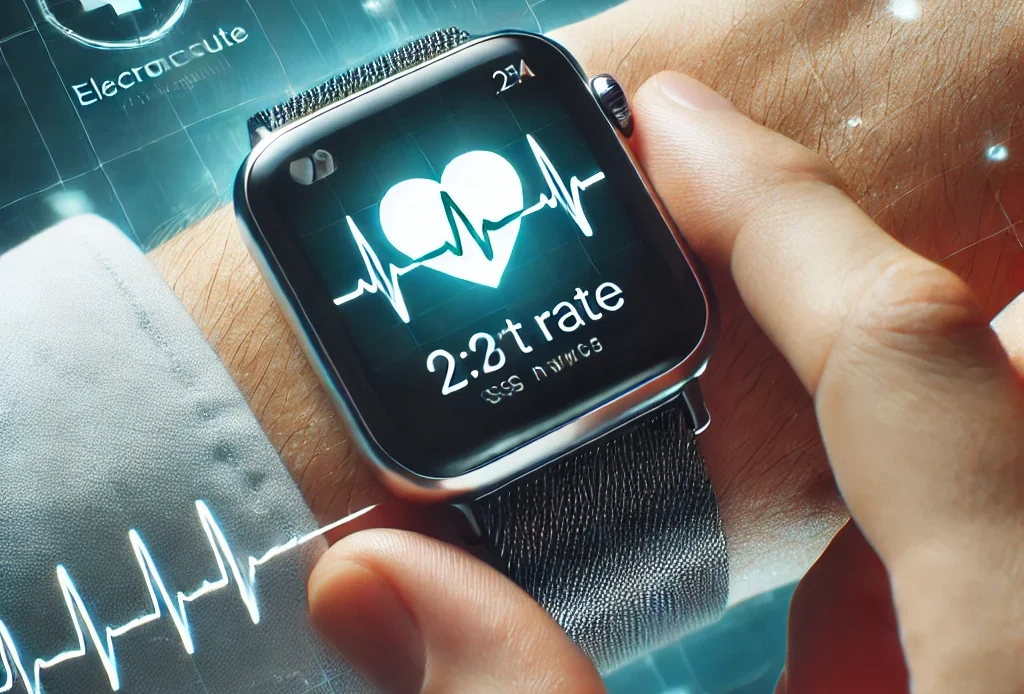Wearable devices, such as smartwatches, are rapidly becoming powerful tools in healthcare, particularly for heart monitoring. With advanced electrocardiogram (ECG) sensors and artificial intelligence (AI), devices like the Apple Watch and Google Pixel Watch are showing potential to detect life-threatening conditions, such as heart attacks. These innovations are not just about tracking steps anymore—they might even save lives.
The Potential of Smartwatches in Heart Attack Detection
A groundbreaking study from South Korea reveals that smartwatches equipped with AI can detect myocardial infarction (heart attacks) through their ECG sensors. These devices, previously used to monitor heart rhythms for irregularities, are now being trained to identify acute cardiac events in real time. The researchers used AI algorithms to analyze ECG data from nearly 100,000 patients. Their findings showed that with sufficient leads and advanced AI, these devices can achieve high accuracy in diagnosing heart attacks.
A study at University College London also explored how smartwatch ECGs can predict long-term heart health. Analyzing the heart rhythms of over 83,000 participants, researchers found that abnormal ECG readings were associated with an increased risk of conditions like atrial fibrillation and heart failure, indicating that smartwatches can help in predicting and preventing heart issues over time.
Smartwatch Advantages and Early Diagnosis
Traditional ECG machines require multiple leads and hospital visits. In contrast, smartwatches allow users to record ECG data anywhere and anytime. Mayo Clinic’s research highlights how AI-enhanced ECG readings from smartwatches can diagnose heart failure remotely, providing early warning signals for conditions that are often missed until symptoms worsen.
The speed at which smartwatches can detect heart problems is another advantage. When it comes to heart attacks, every minute counts. For every 30-minute delay in treatment, the one-year mortality rate increases by 7.5%. With smartwatches, a preliminary diagnosis can be made in just minutes, potentially accelerating treatment and improving survival rates.
Challenges and Future Prospects
While the potential is immense, smartwatch ECGs are not yet as accurate as traditional, multi-lead ECG machines. Current limitations include the need for sequential lead measurements, which can reduce accuracy. However, experts believe that with advancements in AI and wearable technology, smartwatches will soon become reliable tools for cardiac care.
In the future, with further FDA approvals and more extensive research, smartwatches could become a critical component of everyday healthcare, allowing people to monitor their heart health continuously and receive early warnings for life-threatening conditions.
Conclusion
Smartwatches are evolving into much more than fitness gadgets. With ECG capabilities and AI integration, they could soon be essential in detecting heart conditions like myocardial infarction. While they’re not perfect yet, the technology is advancing quickly, offering hope for faster, more accessible heart care.
Source: This article is based on information from New Atlas, Mayo Clinic, and MyHealthyApple.
Key Highlights:
- Smartwatches can now detect heart attacks using AI-powered ECG readings.
- Studies show these devices may help predict long-term heart issues like atrial fibrillation.
- Early detection through smartwatches could significantly reduce the time to treatment.
- Wearable ECGs are not yet as accurate as traditional machines but hold great potential for the future.




